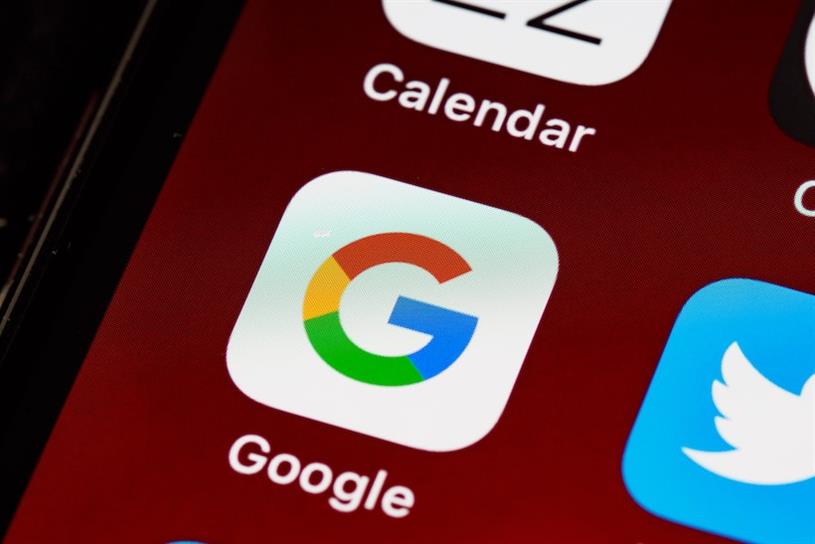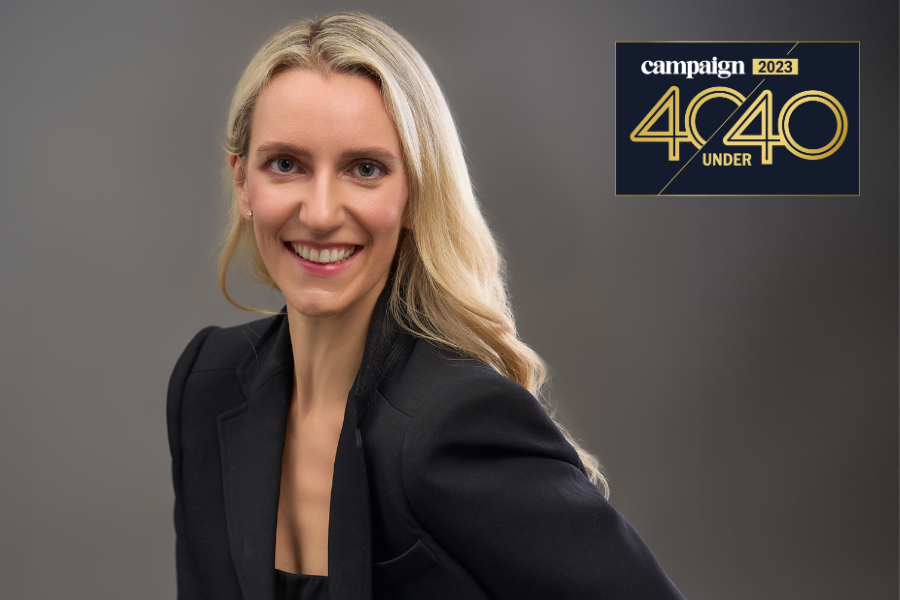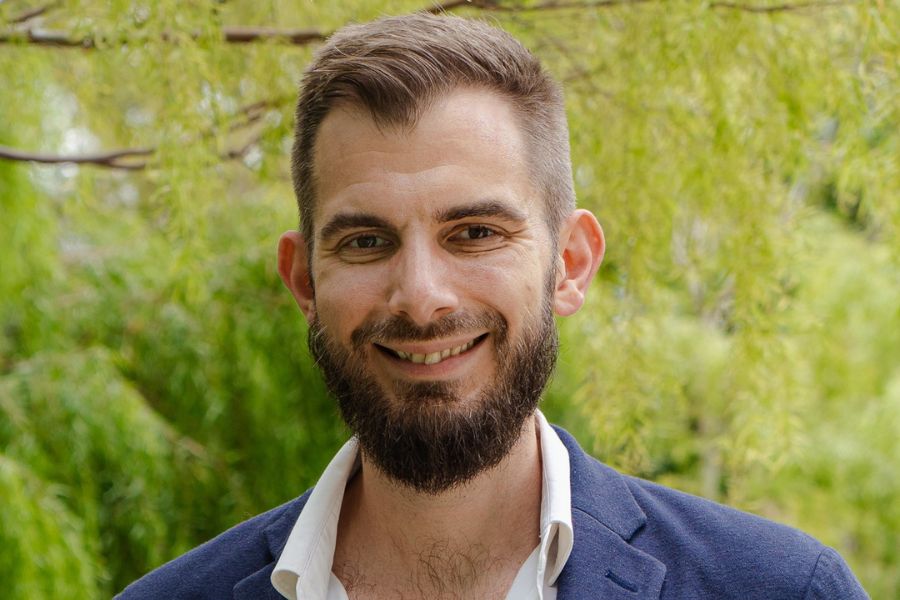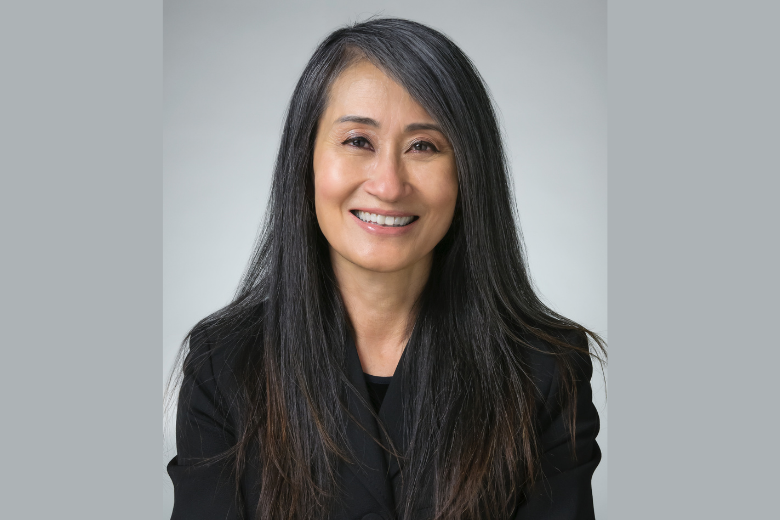The lifespan of third-party cookies, the code-based technology used to serve targeted ads, has been extended—just a tad.
On Thursday (June 24), the adtech industry breathed a sigh of relief after Google announced it would extend support for third party cookies until 2023, one year longer than its original expiration date.
In a blog post, Vinay Goel, privacy engineering director at Chrome, said it would begin the cookie phase-out process in stages, starting in late 2022. Following testing, in phase 1 publishers and advertisers “will have time to migrate their services” over the course of nine months. In stage 2, beginning in mid-2023, “Chrome will phase out support for third-party cookies over a three month period finishing in late 2023.”
Google concluded with a commitment to release a more detailed schedule on its dedicated “Privacy Sandbox” microsite.
Google launched the “Privacy Sandbox” initiative to protect user privacy on the open web. The initiative was proposed after Apple blocked third-party cookies on Safari and phased out mobile identifiers by introducing an “opt-out” option for ad tracking on iOS 14.
Over the last several months, the adtech industry has scrambled to search for alternative solutions to cookies. The most prominent alternative, Unified ID 2.0, which would capture email addresses from publishers, has received pushback from publishers, which have concerns about the misuse of their data.
Following Google’s announcement, adtech stocks jumped, according to CNBC, with The Trade Desk shares up nearly 15%, Magnite up 9%, PubMatic up more than 12% and Criteo shares up nearly 12% in a 52-week high.
Now that Google bought adtech a little more time, professionals in the industry shared their reactions with Campaign US:
Patrick O’Leary, CEO, CRM Boostr
This delay presents a good opportunity for the ad industry to unite and align on alternative solutions to FLoC which raises more questions than answers. The industry needs to find a compelling solution that solves the competing needs of consumers and advertisers who fund the free web as we know it, without letting the biggest monopoly decide how this should be solved when, historically, their intentions have been self-serving.
Andrew Casale, president and CEO, Index Exchange
With all of the questions that Privacy Sandbox continued to prompt, Google’s original timeline became more and more unrealistic. The ad tech industry will continue to adapt and prepare for this new world, but this extension gives the industry a welcome reprieve on designing a privacy-first future that will provide lasting benefits to all stakeholders.
Paul Silver, global chief strategy office, MiQ
It's clear with this announcement that Google wants to ensure addressability is still possible in the future of advertising. The move gives the industry more time and space to figure out the best combination of solutions that work for the specific goals of different advertisers. We still firmly believe that the end result will be a combination of solutions that involve both deterministic authenticated data and scalable anonymous or cohort data across the open and closed web, so we will continue to connect and test all of these areas.
Sean Cullen, EVP of product and technology, Fluent
The future is still in first-party data and publishers owning and managing a direct relationship with consumers, but this is a very reasonable move. The new timeline allows publishers to respond to the death of third-party cookies without the added pressure and uncertainty that a quicker timeline would create.
It's also clear that Google didn't receive the buy-in for FloC to move more quickly. Instead, there was pushback that stalled its adoption. While Google can technically push major changes to how advertising and tracking occurs across the web, doing so will create regulatory and public perception issues. Google Chrome is the most used browser across the world so any and every change affecting industries will also need to undergo government and media scrutiny, as many news sites depend on third-party advertising for monetisation.
I expect that the eventual changes will be more of an evolution than a revolution since advertisers and publishers will have time and space to adopt these changes, and a voice in designing them.
Curt Larson, chief product officer, Sharethrough
In this cold war for the future of the internet, we are aligned with Google in the pursuit and preservation of a free and open internet that finances independent content and creators.
This latest announcement provides needed certainty for the industry, but to anyone reading the tea leaves and the latest news, it’s not shocking Google is pushing the timeline out. The industry is still committed to moving away from the present state of third-party cookies, and Sharethrough is as well, but this gives us all additional time to adapt. We will continue to innovate towards a privacy-first future that preserves the ability of the open internet and content creators to continue to thrive.









